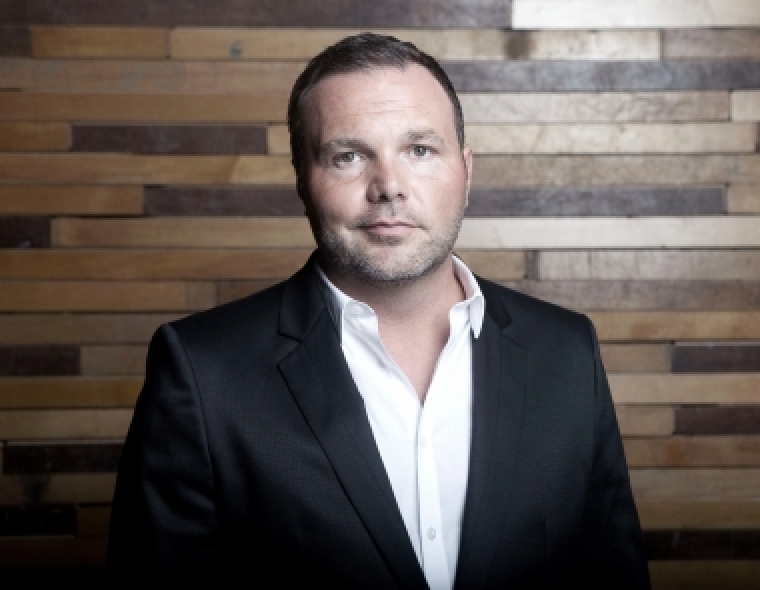
Megapastor Mark Driscoll's recent letter to the congregation of his Mars Hill Church, in which he apologises for some of his recent controversies and contends that his "angry-young-prophet days are over", is so out of character that it has left much of the Christian community a bit stunned.
By his own admission Driscoll is not known for his humility, yet his letter is loaded with apology and repentance.
"In my worst moments, I was angry in a sinful way. For those occasions, I am sorry. As I've expressed in several sermons, I needed to mature as a leader, and we needed to mature as a church," he writes.
"In the last year or two, I have been deeply convicted by God that my angry-young-prophet days are over, to be replaced by a helpful, Bible-teaching spiritual father.
"I understand that people who saw or experienced my sin during this season are hurt and in some cases have not yet come to a place of peace or resolution. I have been burdened by this for the past year and have had private meetings one at a time to learn from, apologise to, and reconcile with people," Driscoll says.
His letter has been received with open arms by Christians all over the globe, many of whom hold beliefs that counter Driscoll's, as well as those who have been hurt by his teaching or at least by his tone.
Of course there are also those who remain sceptical, who believe Driscoll to be playing some kind of game, and criticise his silence on some of his other controversial moments.
But the overwhelming response has been positive, and most have praised the humility it took to pen such a letter. He has been called "brave" by those who note that it's never easy to admit where we've gone wrong.
Driscoll's words should really come as no surprise. Repentance is a key biblical theme and Jesus repeatedly calls his followers to turn away from sin, but we appear to have taken this to mean 'tell God in secret'. We reluctantly admit our shortcomings to those close to us, while hiding behind a holy facade in front of the wider community. God hears about our failures during quiet times, but that's often as far as it goes.
This is always an integral part of the process, and I don't mean to suggest that you stand before your church on Sunday and detail everything you've ever done wrong, but there is something really powerful in seeking forgiveness from those whom we have caused heartache. In fact, it's a biblical command – found in Ephesians 4:26.
Driscoll's letter was intended first and foremost for members of his church; he was writing to those whom he has directly offended or caused distress.
And it's important to note that forgiveness works in partnership; it leads to reconciliation and healing. In the Gospels Jesus is clear that we should bear no grudges, forgive readily and always offer grace to one another. It's a fundamental part of the Christian calling, and one that sets us apart from a world that operates with a tit for tat mentality.
Ray Ortland of the Gospel Coalition writes: "Driscoll should be held to his professed repentance â€" but gently, with encouragement, with support, with prayer, with every positive expectation of beautiful outcomes.
"If we don't cut him that slack, we are the ones whose turn it is to repent," he warns.
We're called to put our hands up when we've made mistakes, seek forgiveness from those whom we have wronged, and in turn, to offer grace when the shoe is on the other foot. It's hard, and it costs us, but it's part of actively joining in with God's plan for the full redemption of the earth and it brings freedom and, ultimately, life to those around us, as well as ourselves.
We may never agree with Driscoll's teaching or his approach, but there's definitely something to be learnt from his attitude.
As author and lead pastor of Denver Community Church Michael Hidalgo eloquently writes in an open letter to Driscoll: "My hope for you is the same as my hope for me and for all of us. Simply, that we will be honest about our faults, but never use our faults as an excuse to keep doing the wrong thing.
"Rather, may we, in our honesty, be greeted by the transforming work of Jesus. And together, through our scars, tell a better story than anyone ever thought imaginable."